Podcast: Play in new window | Download (Duration: 29:30 — 27.0MB) | Embed
Subscribe: Apple Podcasts | Spotify | Amazon Music | Android | Pandora | iHeartRadio | JioSaavn | Podchaser | Gaana | Podcast Index | Email | TuneIn | Deezer | Anghami | RSS | More
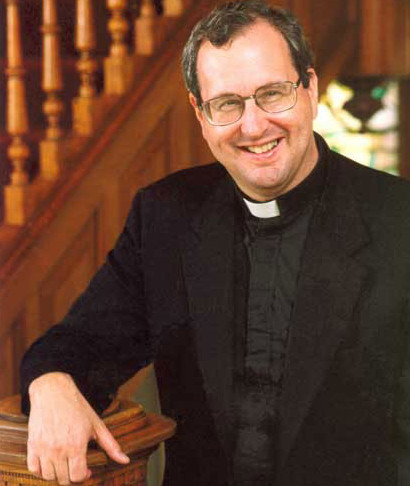
It is always a delight to talk with Fr. Robert Spitzer! His sure brilliance, combined with his infectious joy and good humor, is so engaging that any topic he leads us on becomes an adventure. With “Cosmic Origins”, a soon to be released DVD, Fr. Spitzer and a group of physicists and academic heavyweights exploring modern scientific theories about how the universe came to exist. I would call this a “mathematical apologetic”, which is so beautifully points to the greater “purpose” of our creator, that I couldn’t help but smile through the entire presentation. Stunning, wonderful…and so much fun!
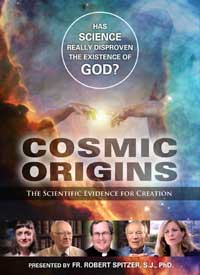 To learn more about this film and how you can arrange screenings for your parish or group go here
To learn more about this film and how you can arrange screenings for your parish or group go here
Cosmic Origins explains what we know about the beginning and nature of the universe, as well as its transcendent implications in clear, easy-to-understand terms. The 49-minute film weaves together a compelling narrative from academics and credentialed scientists pointing toward a very Catholic understanding of how the universe came to exist.
Cosmic Origins is distributed by Ignatius Press.

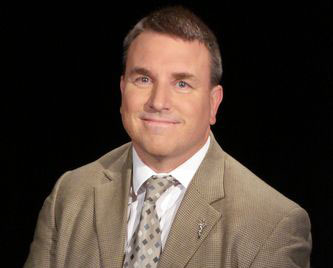 Episode 14 – Herman Melville and “Moby Dick” on Great Works in Western Literature with Joseph Pearce
Episode 14 – Herman Melville and “Moby Dick” on Great Works in Western Literature with Joseph Pearce 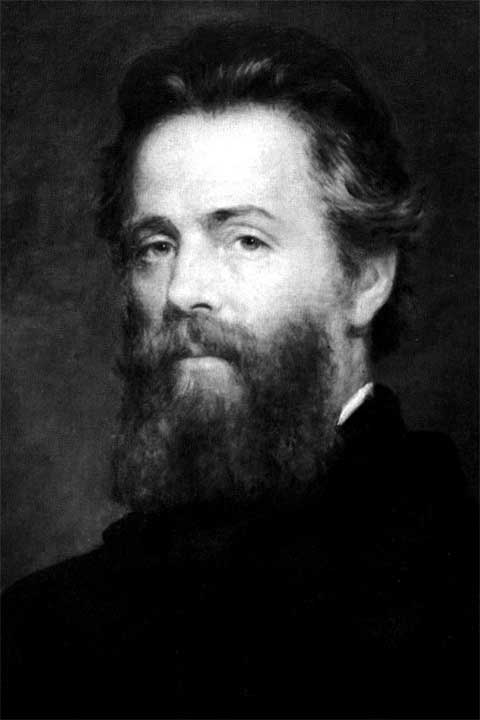 Based on the author’s experiences as a sailor, Herman Melville’s probing look into the human heart has been read and analyzed from every angle, including the most absurd. The tragic tale is looked at afresh in this Ignatius Critical Edition, which examines the background and other writings of the author and provides his essay on a work by his literary friend Nathaniel Hawthorne.
Based on the author’s experiences as a sailor, Herman Melville’s probing look into the human heart has been read and analyzed from every angle, including the most absurd. The tragic tale is looked at afresh in this Ignatius Critical Edition, which examines the background and other writings of the author and provides his essay on a work by his literary friend Nathaniel Hawthorne.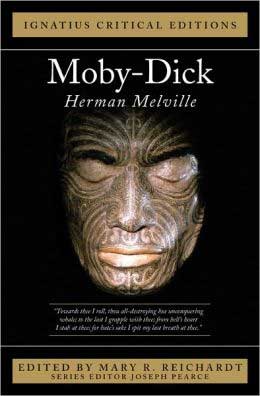 Editions
Editions
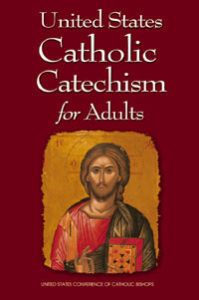
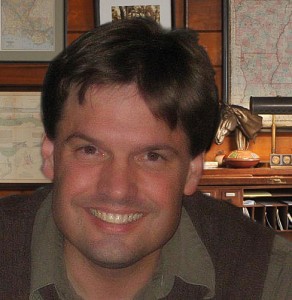
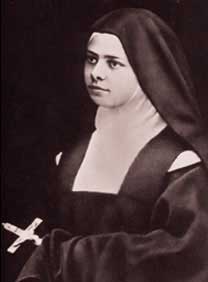

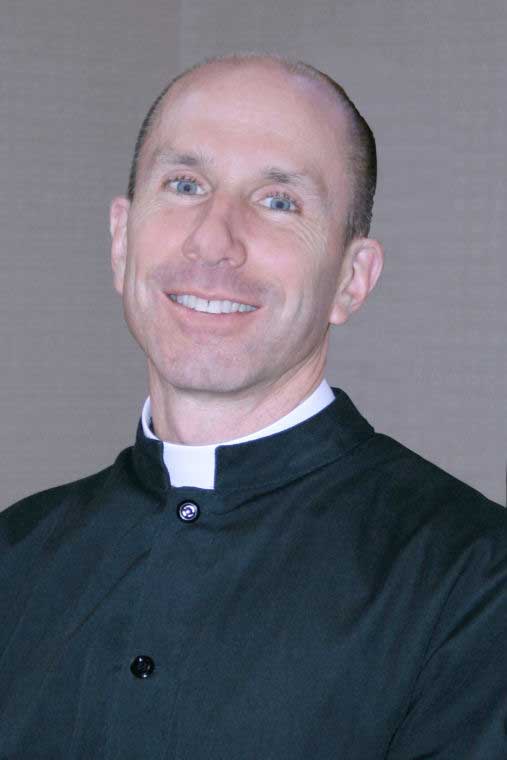 fascinating glimpse into a subject much discussed these days. Published by the great folks at Catholic Answers, this work is informative
fascinating glimpse into a subject much discussed these days. Published by the great folks at Catholic Answers, this work is informative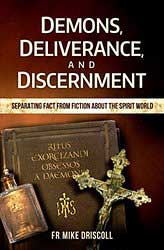
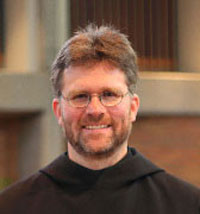 Episode 1 – The Holy Rule of St. Benedict: A Spiritual Path for Today’s World with Fr. Mauritius Wilde O.S.B., PhD. Materialism vs Gratitude is the subject addressed in our first episode. How to deal with things. “Do you really need it?” This is the question we are called to ask ourselves.
Episode 1 – The Holy Rule of St. Benedict: A Spiritual Path for Today’s World with Fr. Mauritius Wilde O.S.B., PhD. Materialism vs Gratitude is the subject addressed in our first episode. How to deal with things. “Do you really need it?” This is the question we are called to ask ourselves.
 From the Holy Rule of St. Benedict:
From the Holy Rule of St. Benedict:
